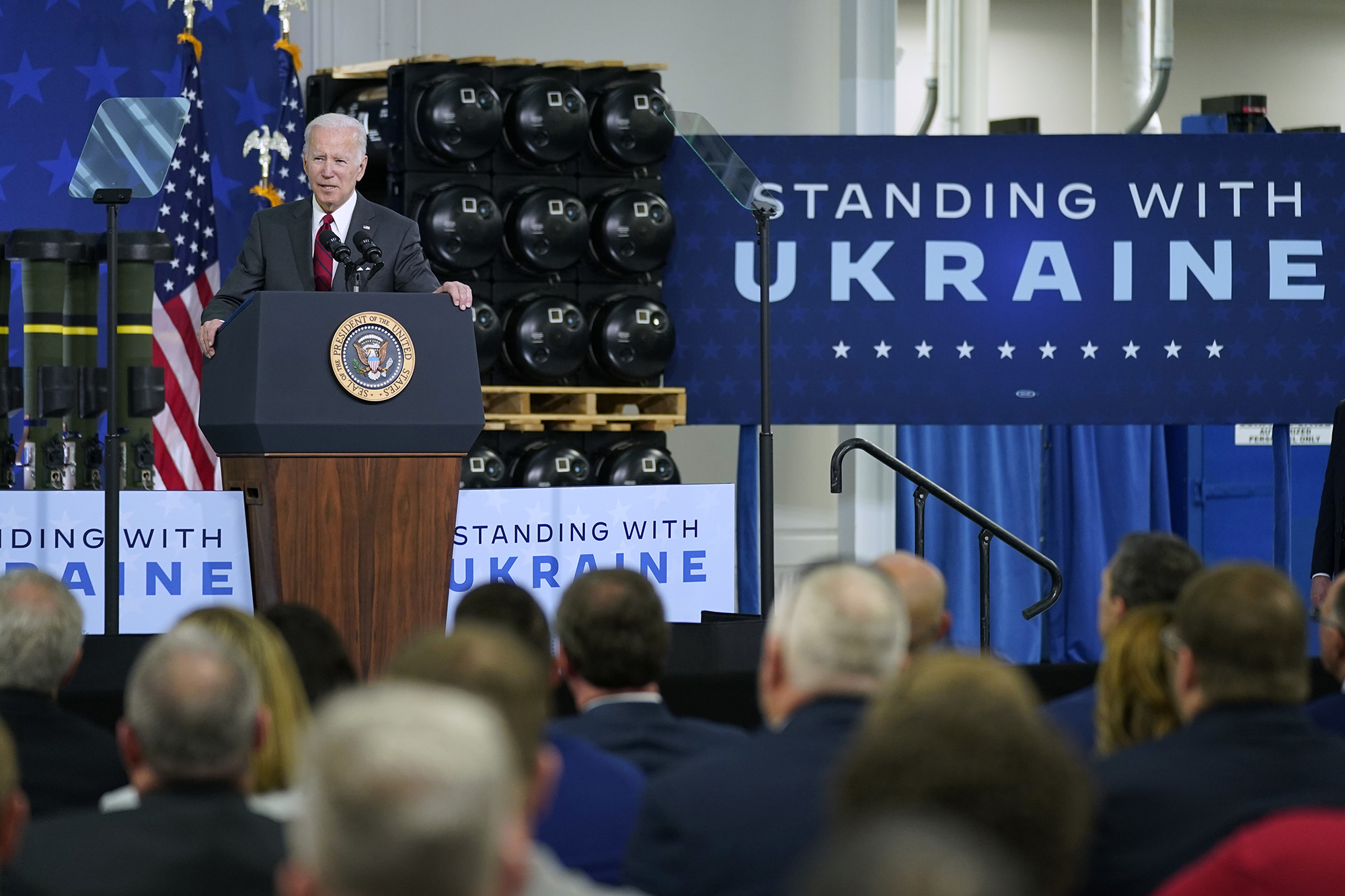
Tesla has raised prices on its Model Y in the U.S., apparently due to rising demand and changes in U.S. government rules that make more versions of the small SUV eligible for tax credits.
The Austin, Texas, electric vehicle company bumped up the price of the Model Y Long Range version by about 2% to $54,990 and the Performance version by about 2.7% to $57,990, according to its website. The prices exclude shipping and an order fee.
The moves, made Friday, come three weeks after Tesla cut prices nearly 20% on some versions of the Model Y, the company’s top-selling vehicle. The price cuts were made to boost sagging demand, and also to make more versions of the Model Y eligible for the $7,500 electric-vehicle tax credit in the Inflation Reduction Act. The full tax credits will be available at least into March.
On Friday, The Treasury Department revised vehicle classification definitions to make more EVs — including SUVs made by Tesla, Ford and General Motors — eligible the full $7,500.
The change came after lobbying by automakers that had pressed the Biden administration to change vehicle definitions to allow higher priced vehicles to qualify for a maximum credit. Tesla CEO Elon Musk met with top aides to President Joe Biden last week to discuss the EV industry and the broader goals of electrification.
Under the sweeping law approved last summer, pickup trucks, SUVs and vans with a sticker price up to $80,000 qualify for EV tax credits, while new electric cars, sedans and wagons can only be priced up to $55,000. The rule had disqualified some higher-priced SUVs, such as GM’s Cadillac Lyriq and some versions of the Model Y, prompting complaints from Tesla and other automakers.
The January price cuts apparently worked. On Tesla’s earnings conference call last week, CEO Elon Musk said that so far in January the company had seen the strongest number of orders year-to-date in company history. He also said the company had raised the Model Y price “a little bit in response to that.”
After Tesla’s price cuts, Ford responded by reducing the price of its Mustang Mach-E, in part to qualify for the tax credit and also to spur buyer interest. But crosstown rival General Motors said it had no plans to cut EV prices.
The EV tax credits are among a host of changes enacted in the Inflation Reduction Act, which Congress approved in August with only Democratic votes. The law is designed to spur EV sales as part of a broader effort to reduce planet-warming greenhouse gas emissions.
But a complex web of requirements, including where vehicles and batteries must be manufactured to qualify, has cast doubt on whether buyers can receive the full $7,500 credit.
The Treasury Department said Friday that it hopes to make it easier for consumers to know which vehicles qualify for the credit. Under the revised rule, vehicle classifications will be determined by a consumer-facing fuel economy labeling standard, rather than a more complicated formula set by the Environmental Protection Agency, Treasury said.
A message was left Saturday seeking comment from Tesla on the price increases. The increases were reported Friday night by Bloomberg News.
Learn how to navigate and strengthen trust in your business with The Trust Factor, a weekly newsletter examining what leaders need to succeed. Sign up here.

























































